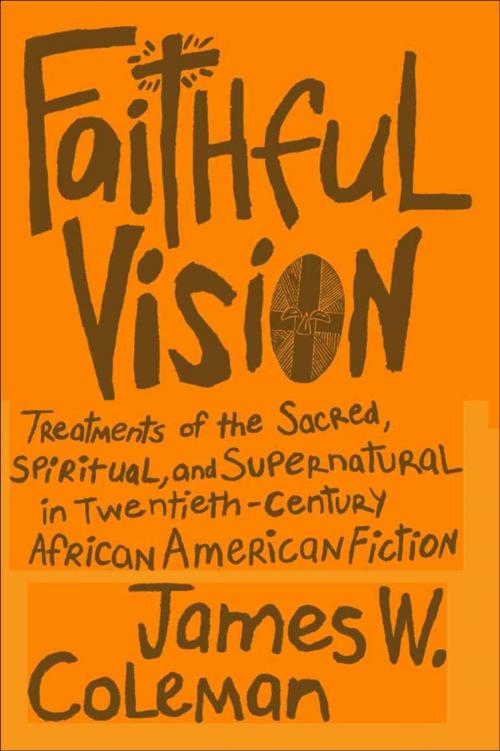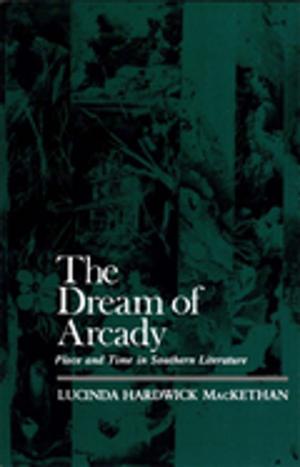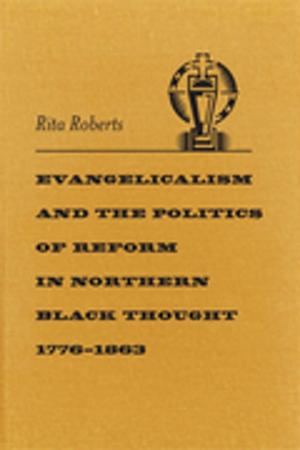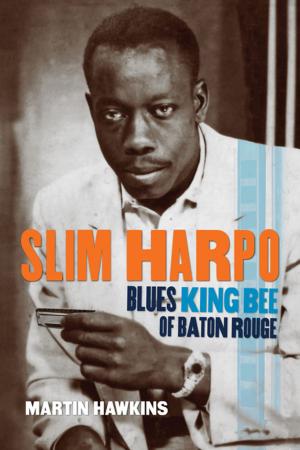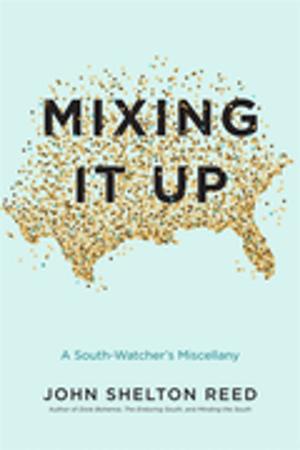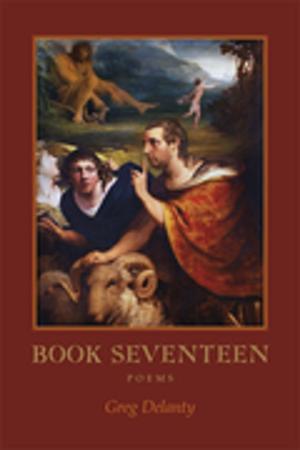Faithful Vision
Treatments of the Sacred, Spiritual, and Supernatural in Twentieth-Century African American Fiction
Fiction & Literature, Literary Theory & Criticism, American, Nonfiction, Social & Cultural Studies, Social Science, Cultural Studies, African-American Studies| Author: | James W. Coleman | ISBN: | 9780807146194 |
| Publisher: | LSU Press | Publication: | August 1, 2009 |
| Imprint: | LSU Press | Language: | English |
| Author: | James W. Coleman |
| ISBN: | 9780807146194 |
| Publisher: | LSU Press |
| Publication: | August 1, 2009 |
| Imprint: | LSU Press |
| Language: | English |
"This is a marvelous and sustained discussion of 'faithful vision' and its significant influence on African American literature." -- American Literature
In Faithful Vision, James W. Coleman places under his critical lens a wide array of African American novels written during the last half of the twentieth century. In doing so, he demonstrates that religious vision not only informs black literature but also serves as a foundation for black culture generally. The Judeo-Christian tradition, according to Coleman, is the primary component of the African American spiritual perspective, though its syncretism with voodoo/hoodoo -- a religion transported from West Africa through the West Indies and New Orleans to the rest of black America -- also figures largely. Reviewing novels written mainly since 1950 by writers including James Baldwin, Randall Kenan, Toni Morrison, John Edgar Wideman, Alice Walker, Gloria Naylor, Erna Brodber, and Ishmael Reed, among others, Coleman explores how black authors have addressed the relevance of faith, especially as it relates to an oppressive Christian tradition. He shows that their novels -- no matter how critical of the sacred or supernatural, or how skeptical the characters' viewpoints -- ultimately never reject the vision of faith. With its focus on religious experience and tradition and its wider discussion of history, philosophy, gender, and postmodernism, Faithful Vision brings a bold critical dimension to African American literary studies.
"An insightful interrogation of the complexities of religious discourse in the African American literary tradition. Because it superbly translates complex spiritual ethos into literary tradition, this remarkable book is a must for anyone interested in intersections of the sacred and the secular in black cultural productions." -- Southern Literary Journal
"Faithful Vision both looks intently into faith and shows us how to look." -- Christianity and Literature
"This is a marvelous and sustained discussion of 'faithful vision' and its significant influence on African American literature." -- American Literature
In Faithful Vision, James W. Coleman places under his critical lens a wide array of African American novels written during the last half of the twentieth century. In doing so, he demonstrates that religious vision not only informs black literature but also serves as a foundation for black culture generally. The Judeo-Christian tradition, according to Coleman, is the primary component of the African American spiritual perspective, though its syncretism with voodoo/hoodoo -- a religion transported from West Africa through the West Indies and New Orleans to the rest of black America -- also figures largely. Reviewing novels written mainly since 1950 by writers including James Baldwin, Randall Kenan, Toni Morrison, John Edgar Wideman, Alice Walker, Gloria Naylor, Erna Brodber, and Ishmael Reed, among others, Coleman explores how black authors have addressed the relevance of faith, especially as it relates to an oppressive Christian tradition. He shows that their novels -- no matter how critical of the sacred or supernatural, or how skeptical the characters' viewpoints -- ultimately never reject the vision of faith. With its focus on religious experience and tradition and its wider discussion of history, philosophy, gender, and postmodernism, Faithful Vision brings a bold critical dimension to African American literary studies.
"An insightful interrogation of the complexities of religious discourse in the African American literary tradition. Because it superbly translates complex spiritual ethos into literary tradition, this remarkable book is a must for anyone interested in intersections of the sacred and the secular in black cultural productions." -- Southern Literary Journal
"Faithful Vision both looks intently into faith and shows us how to look." -- Christianity and Literature
